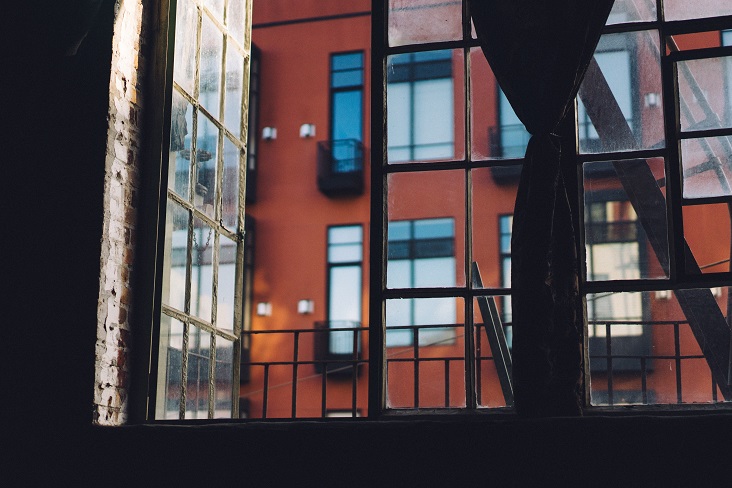You’re Late, You’re Late, for a Very Important Date
It happens to the best of us here in New York City: A late check here, an unexpected bill there, and suddenly you’re short of funds when the rent comes due. It’s the first of the month, and the only thing in your pocket is a soon-to-be expired Metrocard. Will the landlord padlock your apartment door after tossing out your belongings and your goldfish? What happens next?
As with everything in life, it depends.

Specifically, it depends on your lease. Some leases specify that if rent is late after a set amount of time, say, ten days, they have a right to charge you a late fee. While some late fees are a flat sum (say, $50), others will charge you a percentage of the rent. (Note: If you’re a rent-stabilized tenant, you are charged a “reasonable” late fee, which is an unspecified amount.)
But as Carol Anne Herlihy, a partner with Kellner, Herlihy, Getty & Friedman LLP [http://www.khgflaw.com/,], says, “If there’s no provision for a late fee, then there’s no late fee.”
And…that’s it. New York City law doesn’t impose any penalties for late payment of rent, so if you’re late, it’s a matter between you and your landlord.
Know Your Rights
That said, your landlord can start eviction proceedings the moment you’re late —in theory. In practice, eviction rarely happens in the first month after non-payment.
Herlihy says, “Most of the time, as a practical matter, the landlord is going to wait at least until the second month is due [because the landlord will be] laying out legal fees and filing fees, and they might not want to do that in the first month if there’s a chance the rent is going to be coming if they hang out a little longer.”

Importantly, the landlord has to give notice, either in person or by mail, three days in advance, before taking you to court. http://nycourts.gov/COURTS/nyc/housing/pdfs/Landlordbooklet.pdf Herlihy says, “The landlord has to wait three days to see if the tenant comes up with the money. After three days they haven’t gotten paid, now the landlord is free to commence non-payment proceedings.”
Practical Advice
To stay out of housing court, Herlihy offers the practical advice of paying your rent on time:
Herlihy says, “Keep in mind when you have limited funds, the landlord has a remedy that the credit card company doesn’t: They can put you on the street. When you’re prioritizing on bills, pay rent first. You may get into lot of trouble with your credit card company, but the landlord has that unique ability to evict you. I would allocate my money [toward rent] first for that reason,”
What if your situation is a little more dire than coming in late with the rent? What if an illness or temporary unemployment has left you scrambling to stay afloat?

According to Herlihy, “There are sources of money to help you pay the rent.” New York City is home to the One-Shot Deal [http://www1.nyc.gov/nyc-resources/service/1205/one-shot-deal-short-term-emergency-assistance], which gives you a one-year loan, interest free—if you qualify, that is. Catholic Charities [https://catholiccharitiesny.org] and Bronx Works [http://www.bronxworks.org] also help tenants meet their obligations.
[tweetthis]Are You #Late With Your #Rent? Check This Out! It Will Help You Figure Out What Your Options Are![/tweetthis]
Besides practical advice, Herlihy also suggests proper etiquette. She says, “If you know you’re going to be late yet you’ll be making your payment soon, you’re not legally required to inform your landlord. But if you personally know your landlord, or even see them in the hallways, I’d be inclined to warn the landlord. It’s a nice thing to do.
“It’s either that, or you duck your landlord for ten days.”
Sometimes, keeping payments on time is as simple as finding ways to lower your bills. Take a look at these effective ways to lower your utility bills, and keep your all around cost of renting a little less!
